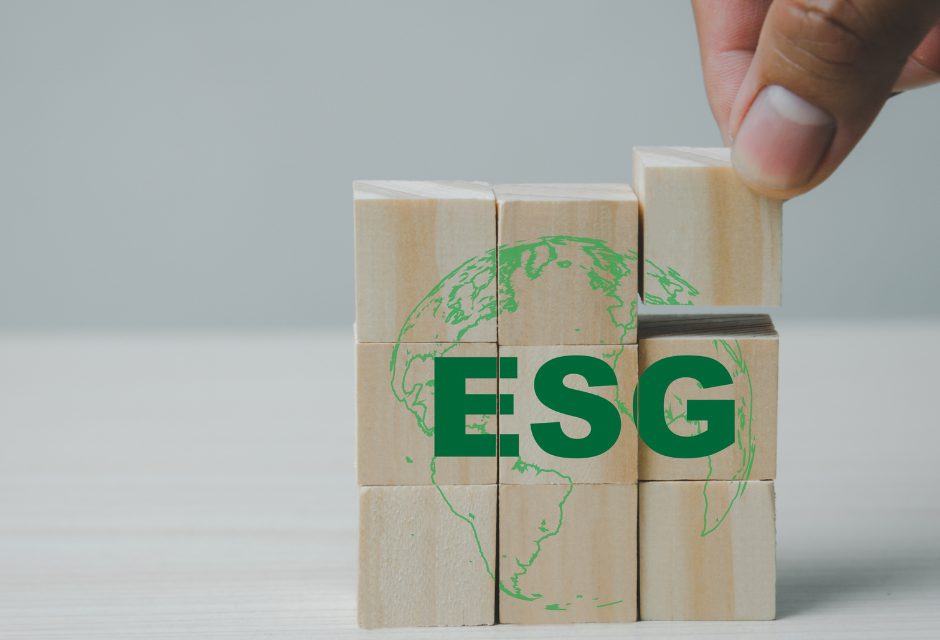
Every business produces waste. So if your ESG (Environmental, Social, and Governance) strategy does not include waste reduction, you are missing a big opportunity. By reducing waste, you will be impacting all three aspects of ESG. In addition, you will be helping to future proof your business, since ESG reporting frameworks are designed to help businesses address challenges and mitigate risk.
Here are 3 ways to start to address waste that will help lead to a better ESG rating and long term viability of your business.
1) Reduce waste and impact the “E” of ESG
Waste and the environment are closely tied. By reducing waste and moving towards Zero Waste with improved recycling and resource recovery efforts, businesses will help reduce greenhouse gas emissions, air and water pollution, and the depletion of natural resources. With many stakeholders and the public demanding climate action, this is a no brainer.
How to start?
The first step is to conduct a waste audit to understand your waste generation patterns. Then use the data to design the waste reduction methods that will be the most effective for your business.
What does this look like in reality? It could be as simple as installing a water cooler if your waste audit uncovers large amounts of plastic bottles in your waste stream, or buying in bulk to reduce packaging. Learn how to start to go Zero Waste in 3 steps.
2) Reduce waste and impact the “S” of ESG
Make a social impact! Better supply chain management that generates less waste could have an impact on populations near and far by creating a healthier environment for all, especially for vulnerable populations who often live near waste facilities and sources of pollution. In addition, embracing waste as a valuable asset can generate new revenue streams, create jobs, and drive innovation.
How to Start?
Businesses can encourage employee involvement and provide training and education on waste reduction practices. Engaging stakeholders, including suppliers, to collaborate on waste reduction efforts can raise awareness, expand your impact, and foster a culture of sustainability that will also enhance your reputation.
One easy way to make an immediate impact is to pay attention to food waste. A business that decides to reduce food waste through food donations, for example, is redirecting food to communities in need, making a positive social impact. Read a case study.
3) Reduce waste and impact the “G” of ESG
Doing good is good for business. Waste reduction measures often lead to improved governance through operational efficiency and cost savings for businesses, especially by lowering waste-related costs (such as disposal fees). This helps businesses enhance productivity, reduce resource dependence, and strengthen long-term financial sustainability. This will give your business a competitive edge
How to start?
Establish clear waste reduction goals that align with your organization’s overall ESG objectives. This must involve a systematic approach and participation from all levels of the organization. Use data from waste assessments (including waste audits) to set goals and benchmarks that are measurable. Then track your progress for accountability and transparency, and don’t forget to communicate your success to engage your stakeholders.
Have questions? Contact your Great Forest representative at info@greatforest.com.
Great Forest is a trusted partner of The ESG Transition company.

